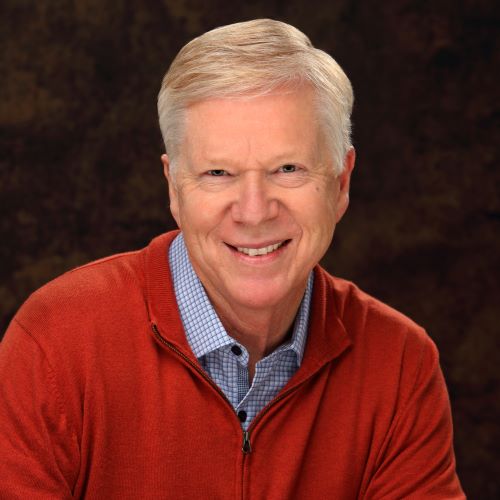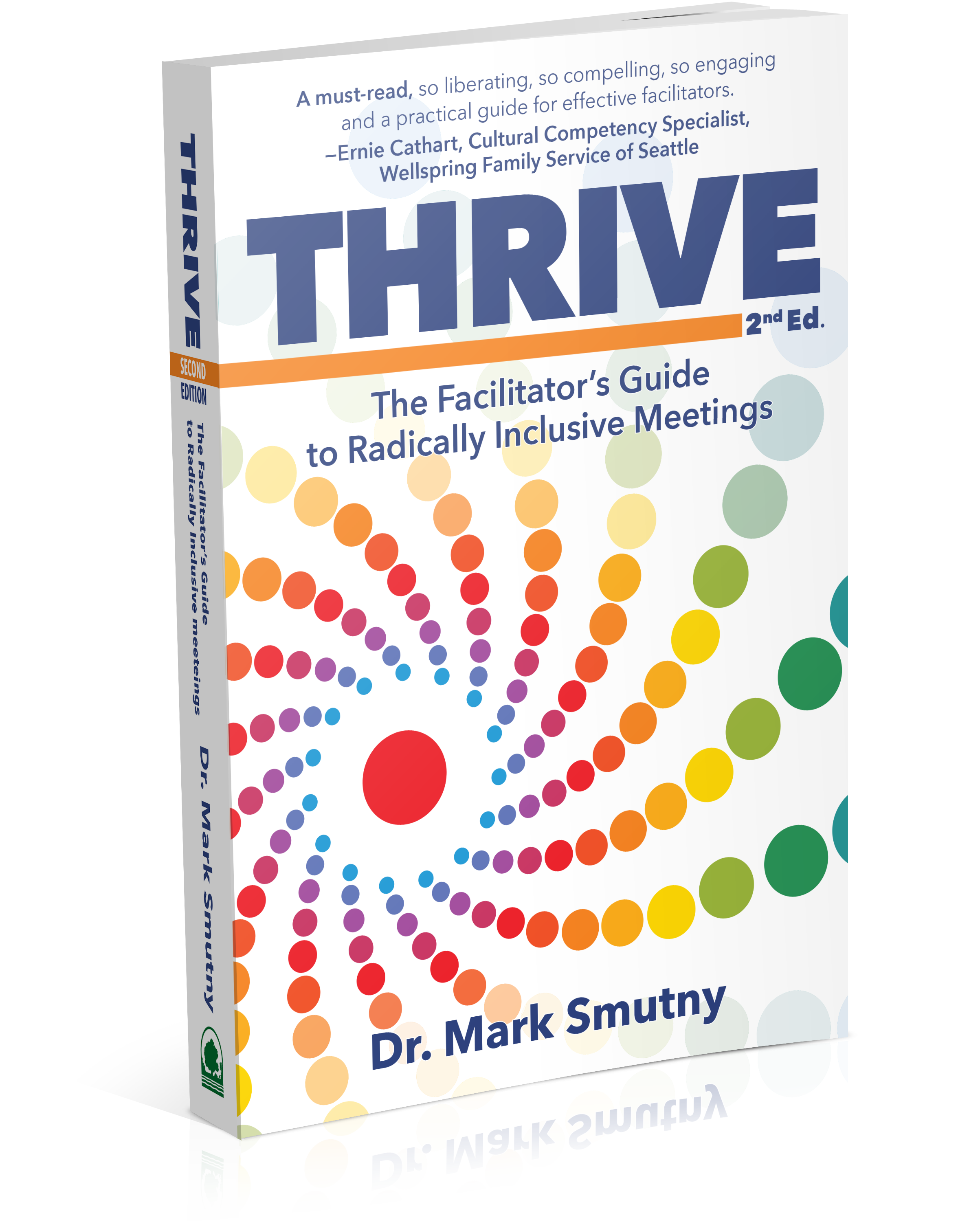
Can an Older, White, Straight Man Facilitate a Diversity, Equity, and Inclusion Initiative?
In the world of diversity, equity, and inclusion (DEI), questions often arise about who can effectively lead these initiatives. One frequent query is whether an older, White, straight man can successfully facilitate a DEI initiative in a nonprofit organization. Drawing insights from Lily Zheng, a renowned DEI strategist and author, as well as my personal journey, this blog explores this complex issue.
Why This Matters to Me
As the author of the award-winning book Thrive: The Facilitator’s Guide to Radically Inclusive Meetings, 2nd ed., I have spent decades working with nonprofits and facilitating inclusive conversations. I care deeply about DEI because it reflects my core values and the future I hope to help create. My upbringing in a predominantly White community taught me early on about the disparities that others faced—disparities I often didn’t see or understand until much later. Over time, I came to realize that my privilege gave me access to rooms and opportunities others were denied. This realization ignited my commitment to using my position to amplify marginalized voices and foster systemic change. DEI is not just professional work for me; it is deeply personal and grounded in a belief that every person deserves dignity, respect, and a seat at the table.
Understanding the Role of the Facilitator
A DEI facilitator is not just a teacher but also a guide, listener, and advocate. Facilitators create environments where tough conversations can happen, foster mutual understanding, and enable meaningful change. Success depends less on the facilitator’s demographic characteristics and more on their skills, approach, and the trust they build with participants.
Insights from Lily Zheng
Lily Zheng in their ground-breaking book, DEI Deconstructed: Your No-Nonsense Guide to Doing the Work and Doing It Right, emphasizes that authenticity, humility, and a commitment to learning are crucial for DEI facilitators. According to Zheng:
- Facilitation is about the work, not the identity: While lived experiences can provide valuable perspectives, they are not prerequisites for effective facilitation. Facilitators must center the needs of the participants and the goals of the initiative.
- Addressing biases openly: An older, White, straight man should acknowledge his positionality and any privileges it might bring. This transparency builds trust and models the kind of vulnerability that participants are often asked to show.
- Commitment to lifelong learning: Effective facilitators continuously educate themselves on issues of systemic oppression, intersectionality, and cultural competency, staying informed about how DEI evolves in practice.
- Leveraging positional power: Individuals with societal privilege can often access audiences and resources others cannot. They can use this privilege to amplify marginalized voices and advocate for systemic change.
- Check out Lily Zheng’s website for a more extensive discussion of their insights.
Practical Considerations
For an older, White, straight man to facilitate DEI effectively, they should consider:
- Building Credibility: Invest time in training, certifications, and understanding the nuances of DEI work. Work under or alongside diverse teams to gain perspectives and skills.
- Partnering with Others: Co-facilitating with individuals from underrepresented groups can enrich the experience and balance perspectives. This collaboration can demonstrate a commitment to inclusivity.
- Prioritizing Empathy and Active Listening: Create a space where all voices are heard and valued. This requires facilitators to be attentive, curious, and responsive to participants’ experiences.
- Staying Accountable: Facilitators should welcome feedback and engage in self-reflection to ensure they are continually improving and addressing blind spots.
Can We Succeed?
Yes, an older, White, straight man can facilitate DEI initiatives, but success requires intentionality and effort. It’s not about being the “perfect” DEI facilitator—it’s about showing up with integrity, doing the work, and centering the voices of those most affected by inequities.
Conclusion
Lily Zheng’s insights remind us that DEI work belongs to everyone, but facilitating it demands humility, skill, and a willingness to learn. For me, this work is about honoring the stories and struggles of those who came before us while building a better, more inclusive future. Organizations considering who should lead their DEI initiatives would do well to focus not just on who the facilitator is, but on how they approach the work, their skill at engaging all voices and their commitment to creating meaningful change.
Contact Information

Dr. Mark Smutny
Civic Reinventions, Inc.
Email: mark.smutny@civicreinventions.com
Phone: 626-676-0287
Website: https://civicreinventions.com
Book: Thrive: The Facilitator’s Guide to Radically Inclusive Meetings, 2nd ed.
